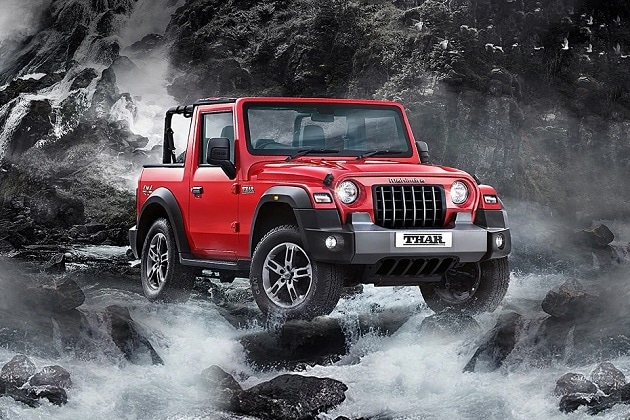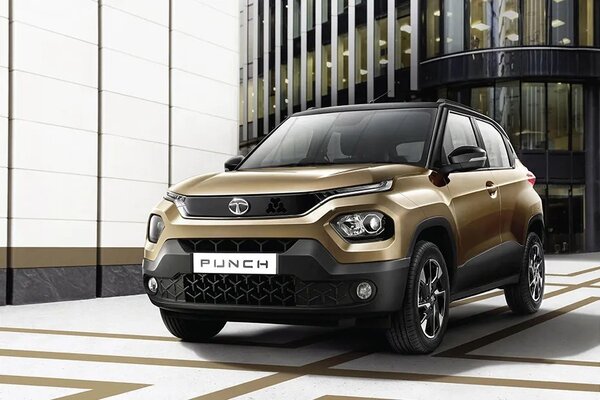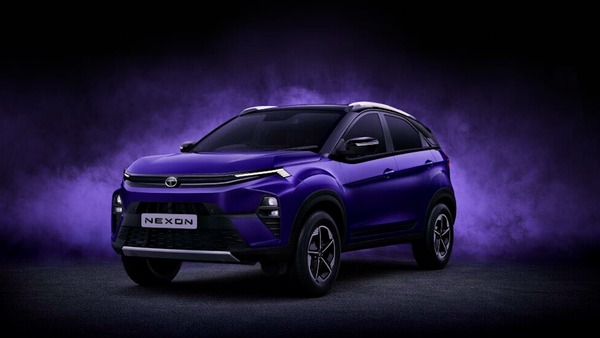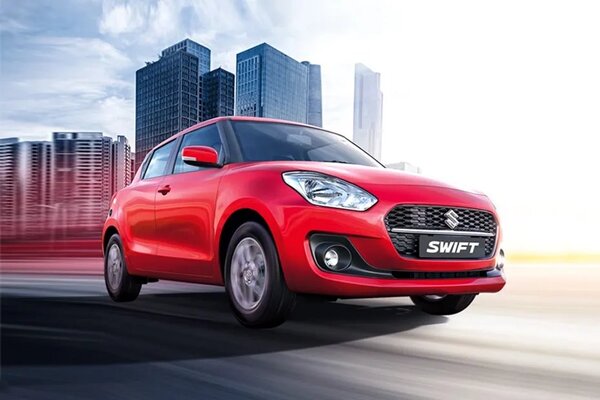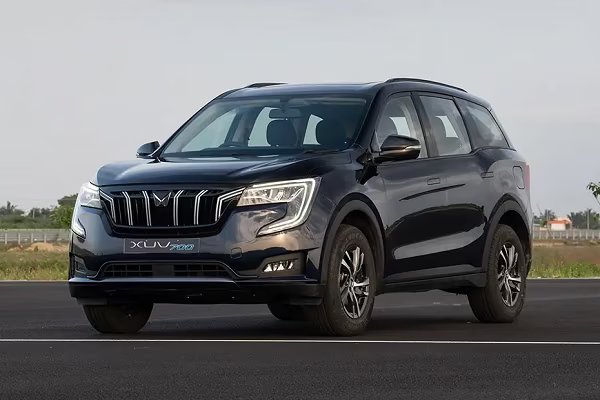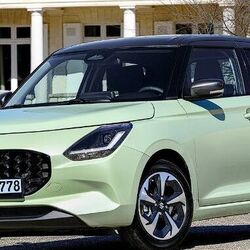Chandigarh to stop registering fuel-based two-wheelers from July, cars from December
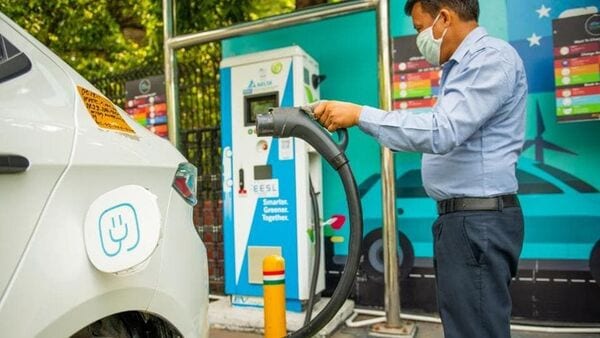

To push the adoption of electric vehicles in the union territory, the Chandigarh administration has announced its plans to stop registering fuel-based two-wheelers from July onwards. Meanwhile, registration of fuel-based cars will also be stopped from December 2023. The administration believes that the permitted number of internal combustion engine (ICE) vehicles under its electric vehicle policy will be met in these timelines for FY2023-24.
Chandigarh rolled out its EV Policy in September last year, which will be applicable for the next five years. The Union Territory (UT) aims to switch to electric vehicles gradually in the coming years and moves like these aim to encourage more customers to opt for electric vehicles instead of ICE-powered ones. As per the EV policy, about 6,201 ICE two-wheelers can be registered in the city in a financial year. Post the limit, only EVs will be registered instead.
Trending Cars
Also Read : Non-electric two-wheeler registrations stopped in Chandigarh? Customers in a fix
As per the data provided by the Chandigarh administration, about 4,032 ICE two-wheelers have already been registered in the city since April 1, 2023. This leaves room for only 2,170 units to be registered in the coming weeks. This number is expected to be completed by July. In contrast, data suggests that only 257 electric two-wheelers have been registered during this fiscal period. Similarly, the EV policy limits the registration of ICE cars to 22,626 units in a financial year. This figure is expected to be achieved by December this year.
Out of the total registrations this year, the Chandigarh administration planned to register about 35 per cent of EVs in FY2022-23. This increased to 70 per cent EVs in the 2023-24 fiscal for electric two-wheelers and three-wheelers. Meanwhile, registration of e-cars rose from 10 per cent last fiscal to 20 per cent this year. In the third, fourth and fifth year of the EV Policy 2022, the city administration plans to register 100 per cent of e-two-wheelers and three-wheelers, while registration of electric cars for personal use will gradually increase to 50 per cent by the fifth year.
The city of Chandigarh has the highest vehicle density in the country and is the first Indian city to announce such a ban on vehicle registrations. The administration though has not revealed how it plans to support existing ecosystems surrounding ICE vehicles. This includes dealerships, sales personnel, vehicle inventory and more.








 1497 cc
1497 cc Multiple
Multiple